Stress and cortisol are deeply intertwined in the body's response to challenges. When you encounter a stressful situation, your body triggers the "fight or flight" response, releasing cortisol, often called the "stress hormone." Cortisol helps you manage stress by increasing energy levels and enhancing alertness, but chronic stress can lead to persistently high cortisol levels, which can be detrimental to your health and lead to unpleasant symptoms.
Elevated cortisol levels over time can contribute to a range of issues, including disrupted sleep, weight gain, high blood pressure, and weakened immune function. It can also impact mental health, leading to symptoms such as anxiety, depression, and difficulty concentrating.
In this article, we’ll talk about cortisol and discuss natural supplements that can help you control cortisol levels.
What is Cortisol and How Does It Relate to Stress?
Cortisol, often called the stress hormone, plays a pivotal role in our body's response to stressful situations. When we perceive danger or feel threatened, our body produces cortisol to prepare us for the impending challenge. This is part of our survival mechanism, a biological response that has evolved over time to protect us from harm.
The connection between cortisol and stress is intricate and multifaceted. When we encounter a stressful situation, our body enters a state of high alert. This is triggered by the sympathetic nervous system, a part of our nervous system that acts like a gas pedal, accelerating our body's responses.
The area of the brain, known as the hypothalamus sends a distress signal, activating the pituitary gland. This gland, in turn, triggers the adrenal glands to release cortisol. The surge in cortisol level prepares our body to either fight the threat or flee from it, hence the term 'fight-or-flight' response.
However, it's important to understand that while cortisol is essential for survival, high cortisol levels over a prolonged period can lead to health problems. Chronic stress can keep our body in a constant state of alert, leading to an overproduction of cortisol. This can have detrimental effects on our physical and psychological health.
How Does the Body Control Cortisol Levels?
The body's control over cortisol levels is a complex process intricately linked to the nervous system. When we perceive danger or stress, the hypothalamus, an area of the brain, sends a distress signal. This signal triggers the sympathetic nervous system, often called the body's "gas pedal," initiating the fight-or-flight response.
The hypothalamus then releases corticotropin-releasing hormone (CRH), which travels to the pituitary gland. This gland responds by releasing adrenocorticotropic hormone (ACTH). ACTH then travels to the adrenal glands, prompting them to release cortisol, the stress hormone. This cascade of events keeps the body on high alert, ready to respond to the perceived threat.
Once the threat has passed, cortisol levels should naturally fall. The parasympathetic nervous system, the body's "brake," dampens the stress response, allowing the body to return to a calm state.
Unfortunately, chronic stress can keep the body on high alert, leading to persistently high cortisol levels. This can contribute to a range of health problems, including heart disease and weight gain.
Understanding the stress response and how the body controls cortisol levels is crucial for managing stress and maintaining overall health.
What Happens When a Person Experiences Stress?
When a person encounters a stressful situation, the body's stress response is triggered. This is a survival mechanism that has evolved over time to help us react quickly to perceived danger. The brain, specifically an area known as the amygdala, sends a distress signal to the hypothalamus. This signal sets off a chain of hormonal reactions, leading to an increase in cortisol levels.
The rise in cortisol prompts the sympathetic nervous system to initiate the 'fight or flight' response. This can result in physical symptoms such as a rapid heart rate, quickened breathing, and trembling. It's the body's way of preparing to either confront the stressor or escape from it.
Everyday situations like traffic jams or work pressure can also trigger this response. When the stress response is activated repeatedly over time, it can lead to health problems. High cortisol levels, if sustained, can contribute to issues such as anxiety, depression, and even physical conditions like high blood pressure and heart disease.
What are the Symptoms of High Cortisol Levels?
- Persistent worry or anxiety
- Unexplained weight gain, particularly around the abdomen
- Difficulty sleeping or insomnia
- Increased thirst and frequent urination
- Changes in mood, such as irritability or depression
- Fatigue or low energy levels
- High blood pressure
- Elevated blood sugar levels
- A weakened immune system leads to frequent infections or illnesses
- Changes in menstrual cycle for women
- Decreased libido or sexual dysfunction in men
These symptoms can vary significantly from person to person and may not always indicate high cortisol levels. If you're experiencing any of these symptoms persistently, it's crucial to consult with a healthcare professional. They can provide a proper diagnosis and suggest appropriate stress management techniques to help reduce cortisol levels and improve overall health.
How Can I Reduce My Cortisol Levels?
Reducing cortisol levels can be crucial in managing stress and mitigating its effects on the body. Here are some effective strategies:
Adopt a Balanced Diet: Consuming a balanced diet rich in fruits, vegetables, lean proteins, and whole grains can help control cortisol levels. Certain foods, such as dark chocolate and green tea, have been found to lower cortisol.
Regular Exercise: Physical activity, particularly aerobic exercise, can help reduce cortisol levels and promote well-being.
Mindfulness Practices: Techniques like deep breathing, yoga, and meditation can help calm the mind, reducing the body's stress response and subsequently cortisol production.
Adequate Sleep: Quality sleep is essential for cortisol regulation. Lack of sleep can disrupt the body's cortisol cycle, leading to increased levels.
Supplements: Supplements like Ashwagandha, L-theanine and Magnesium have all been proven to reduce cortisol levels and restore balance. Sentro Lab’s Equilibrium supplements contain all three.
What Tests Can Check Cortisol Levels?
- Salivary Cortisol Test: This non-invasive test is usually done at home. You'll collect samples of your saliva at different times throughout the day, which will then be analysed for cortisol levels.
- Blood Cortisol Test: A healthcare professional will draw a blood sample from a vein in your arm. This test is typically conducted in the morning when cortisol levels are at their peak.
- Urine Cortisol Test: Over a 24-hour period, you'll collect all urine passed, which will be tested for cortisol. This test can provide a more comprehensive picture of your cortisol levels throughout the day.
It's crucial to consult with a healthcare professional before undergoing any of these tests. They can provide guidance based on your specific symptoms and health history.
Final Thoughts on Stress and Cortisol
Understanding the stress response and its cortisol connection is crucial in managing our overall health. Chronic stress can lead to high cortisol levels, which can have detrimental effects on our bodies, including increased blood pressure and weight gain. However, by recognising the symptoms and effects of high cortisol levels, we can take steps to manage and reduce them.
One of the ways you can reduce stress today is by taking Sentro Labs' Equilibrium. Packed with premium ingredients to support stress management and mental clarity, this supplement is your go-to solution for thriving under pressure. Order now and transform your stress into strength!




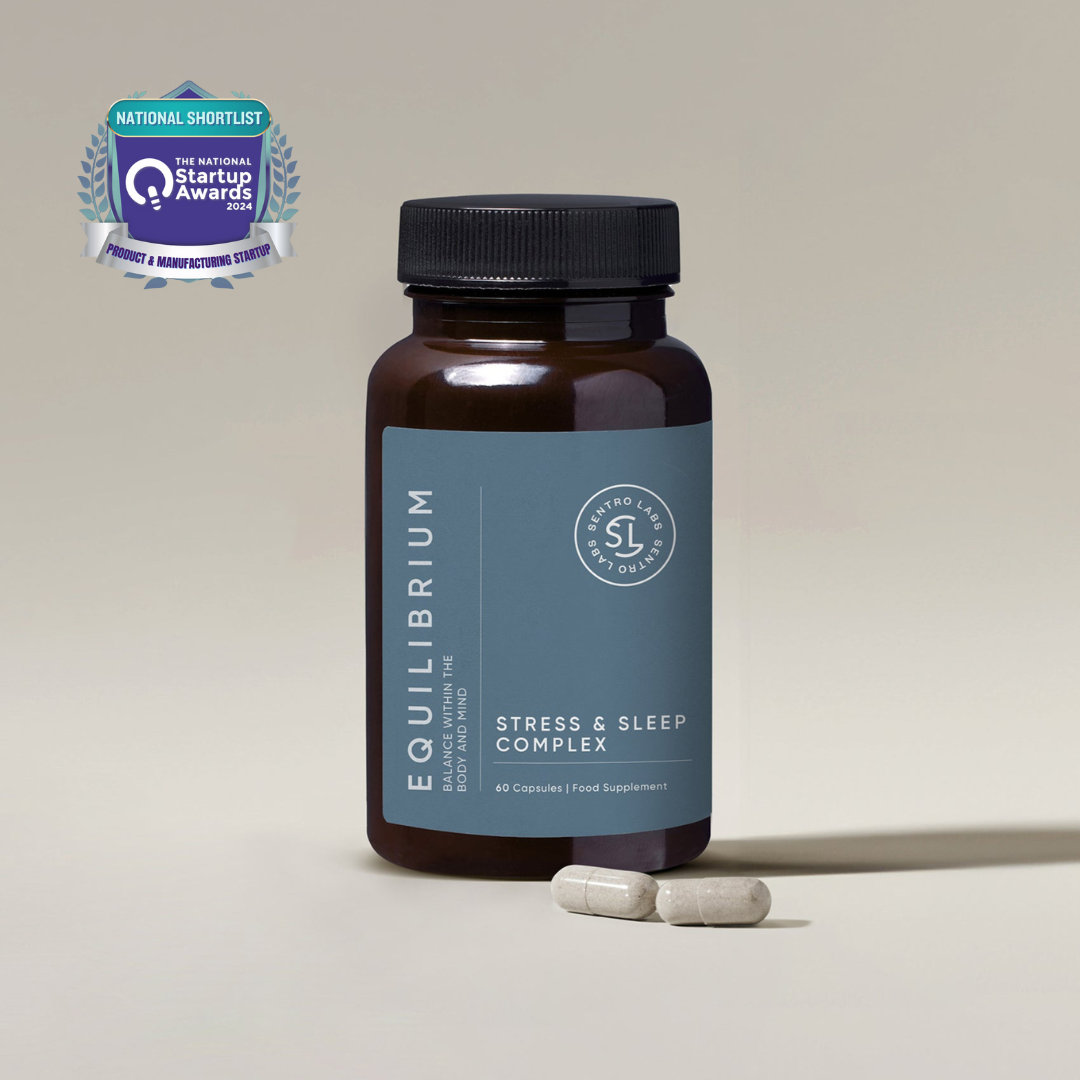


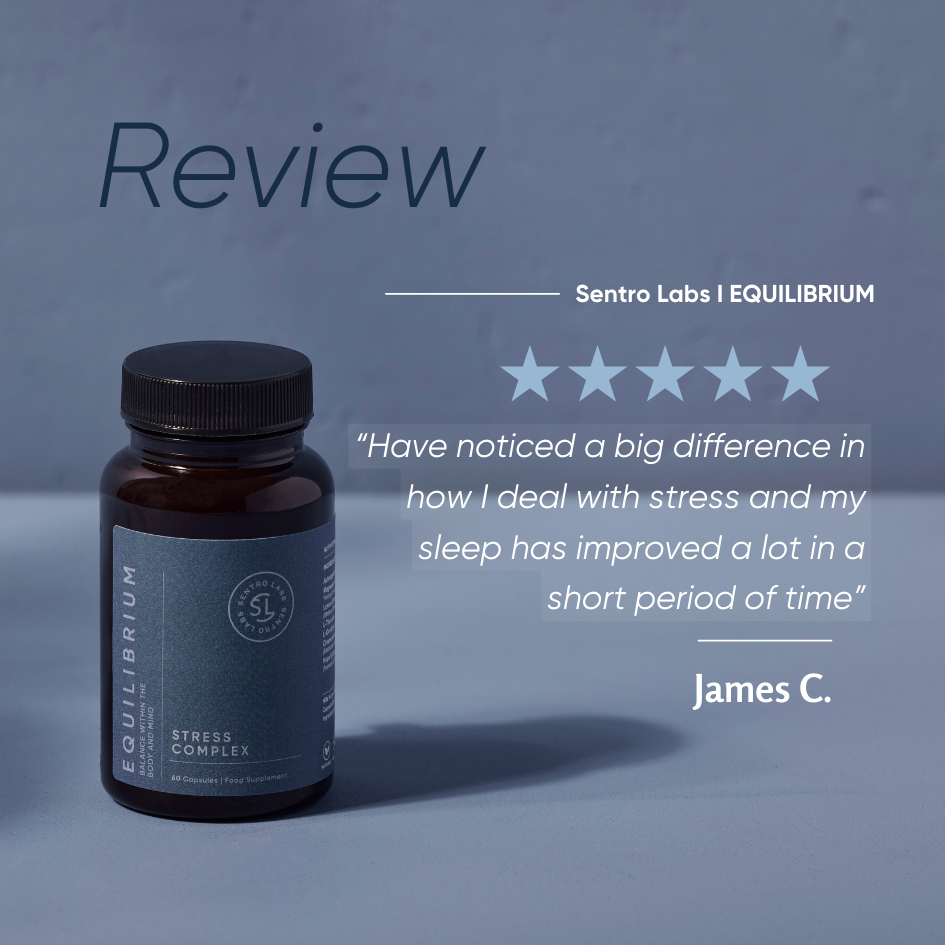
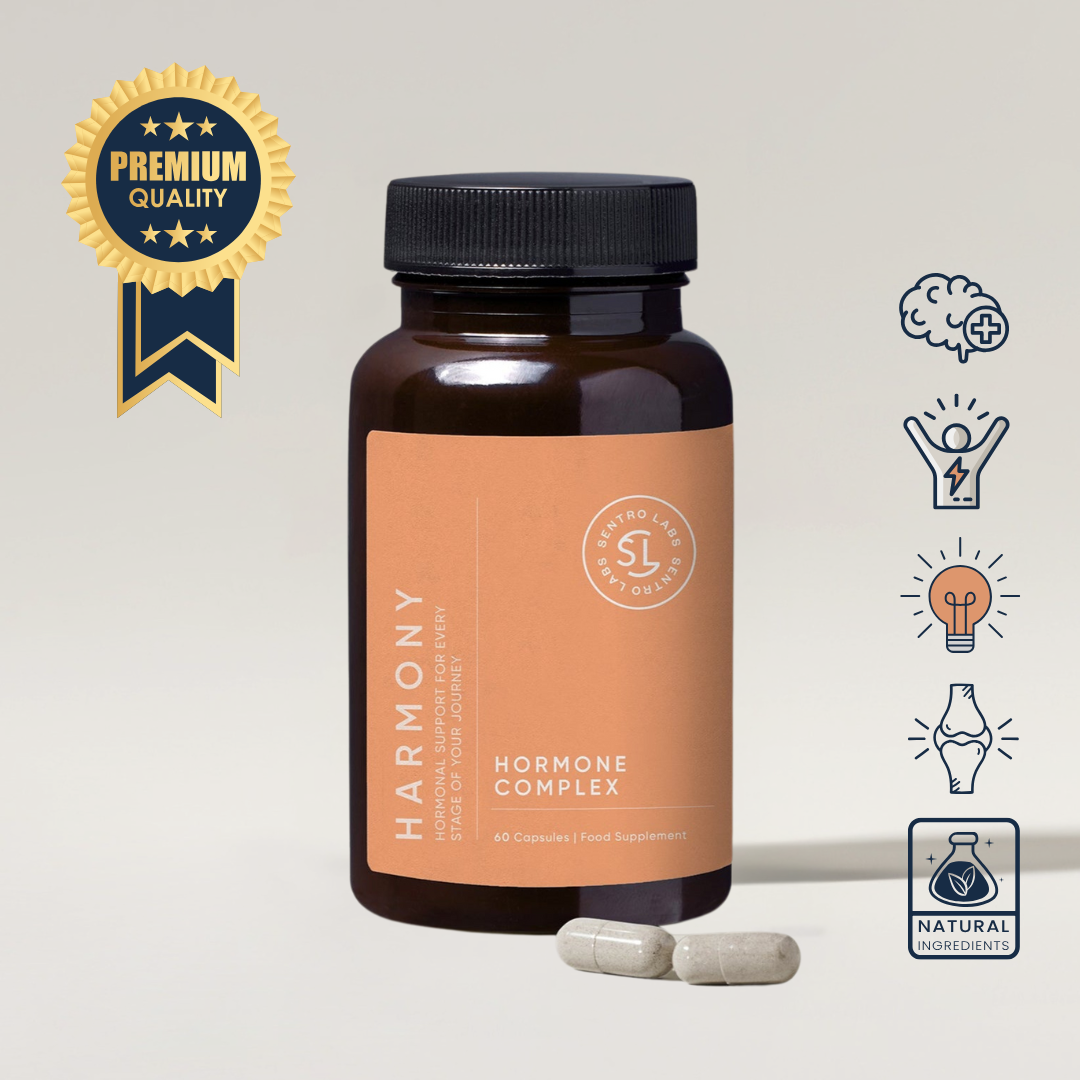
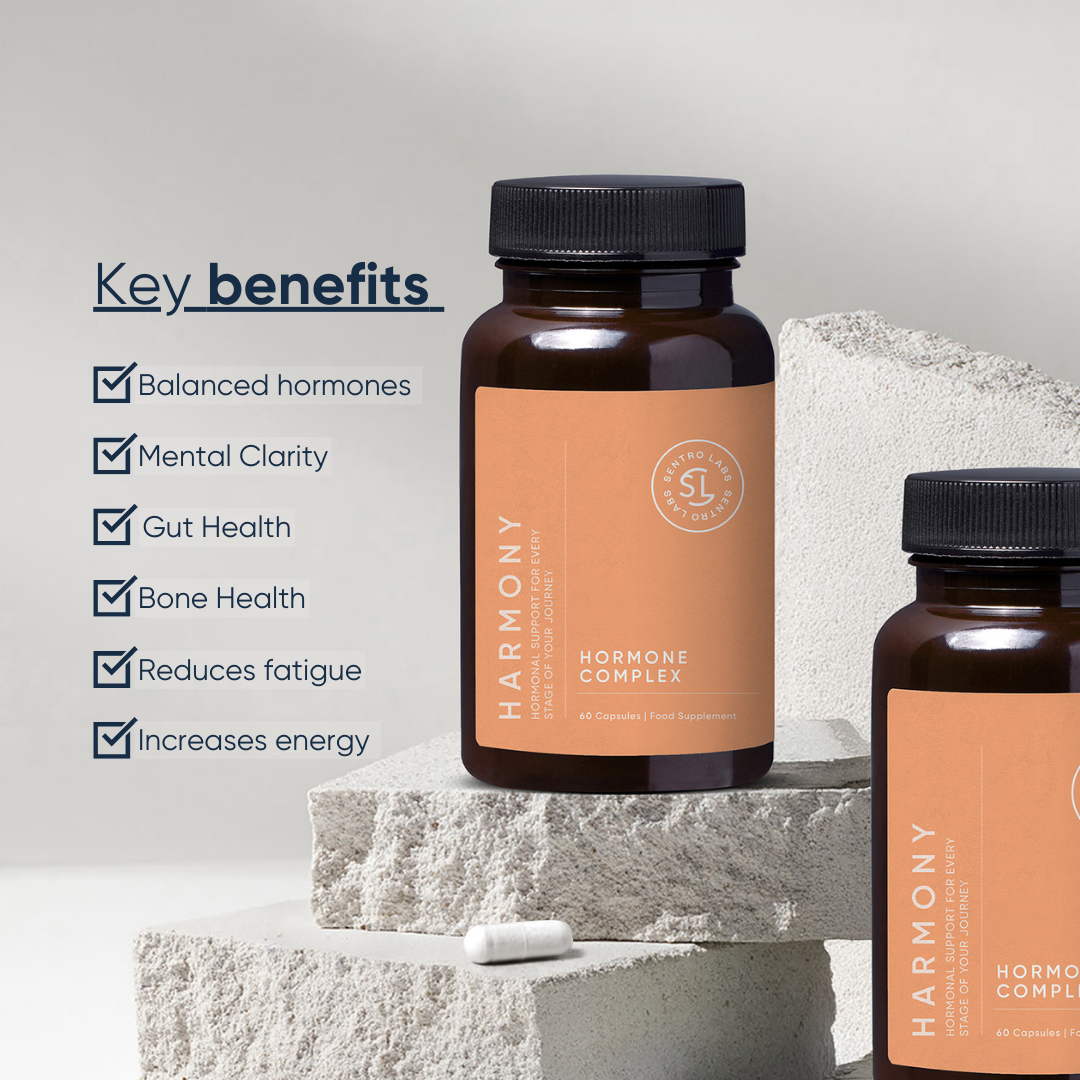

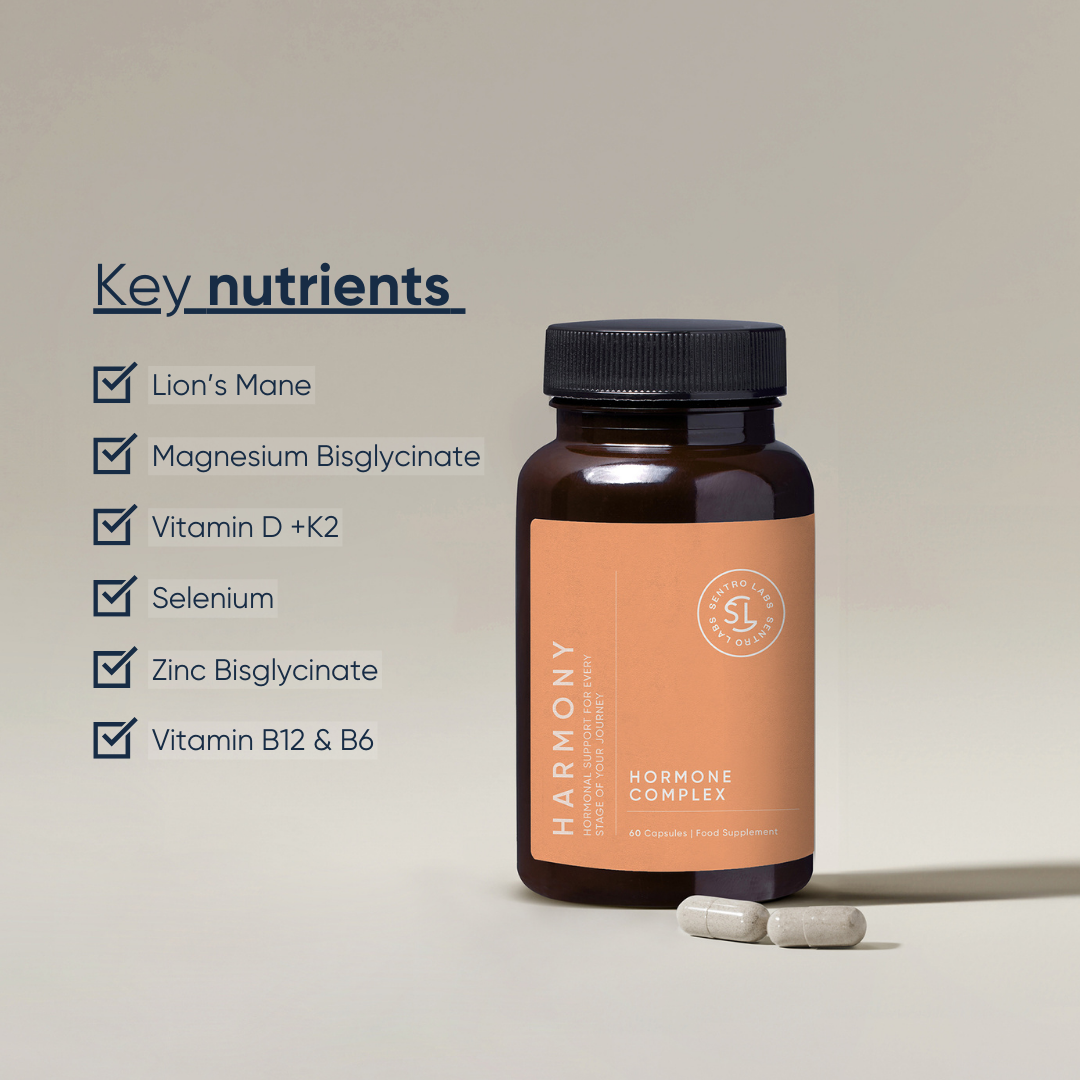
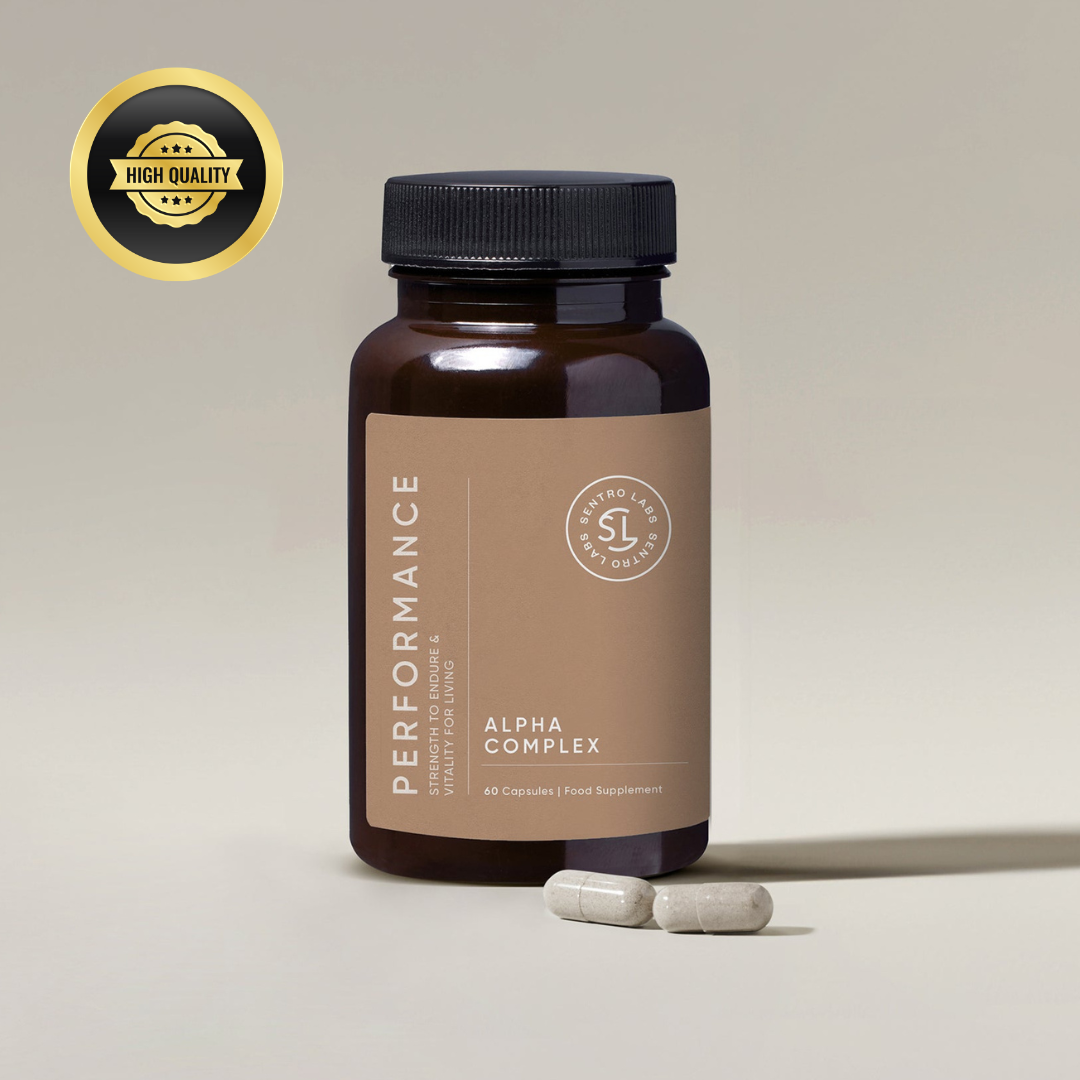
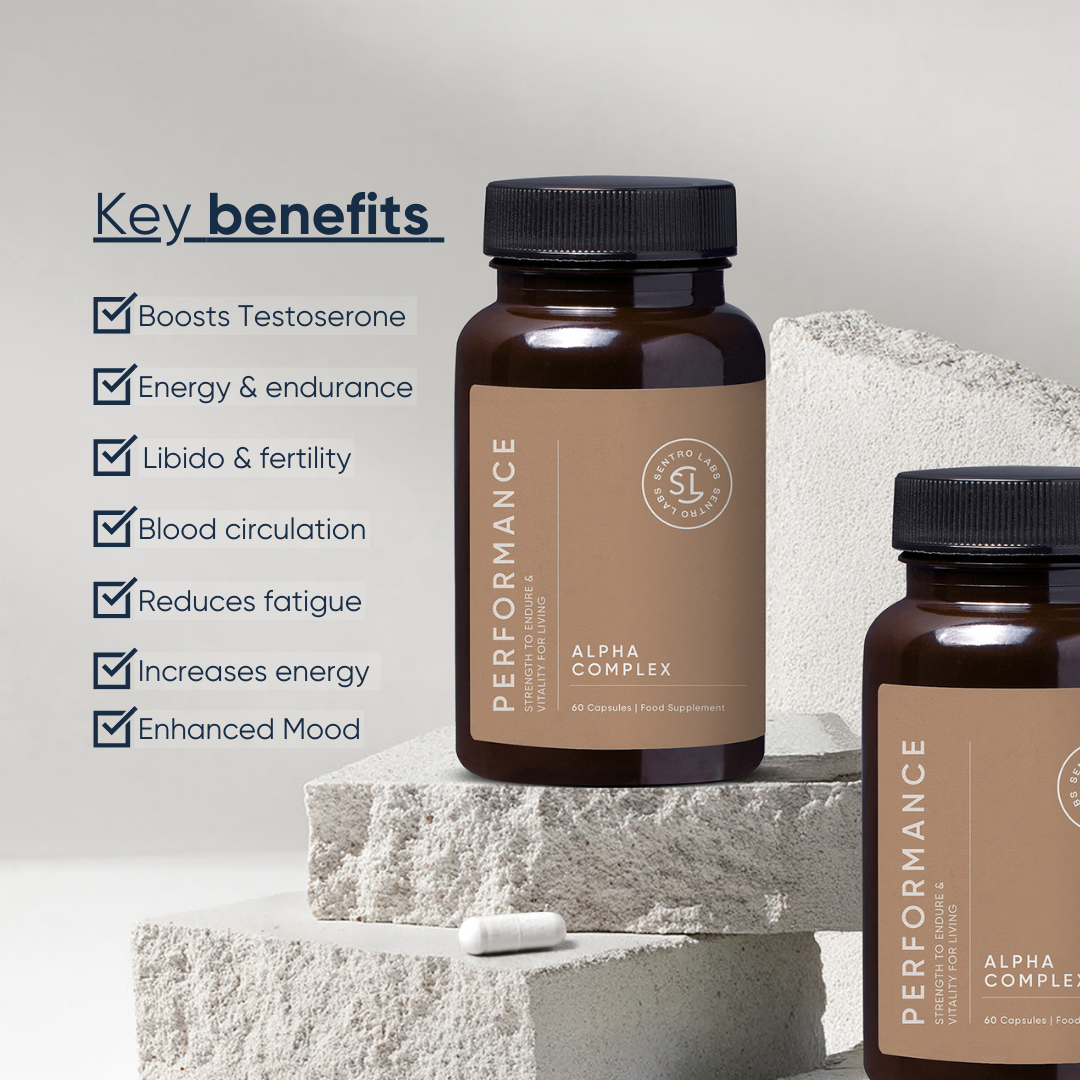
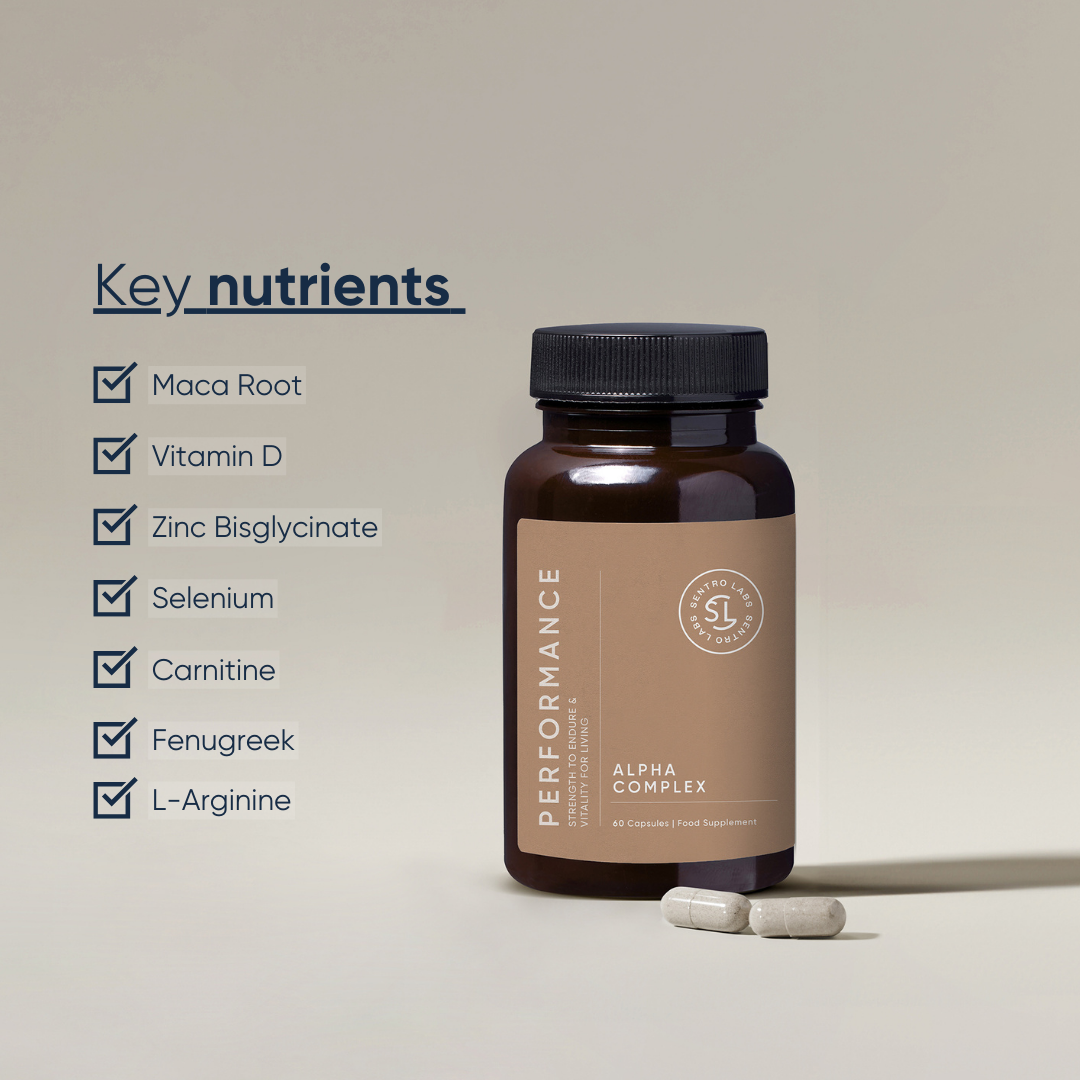
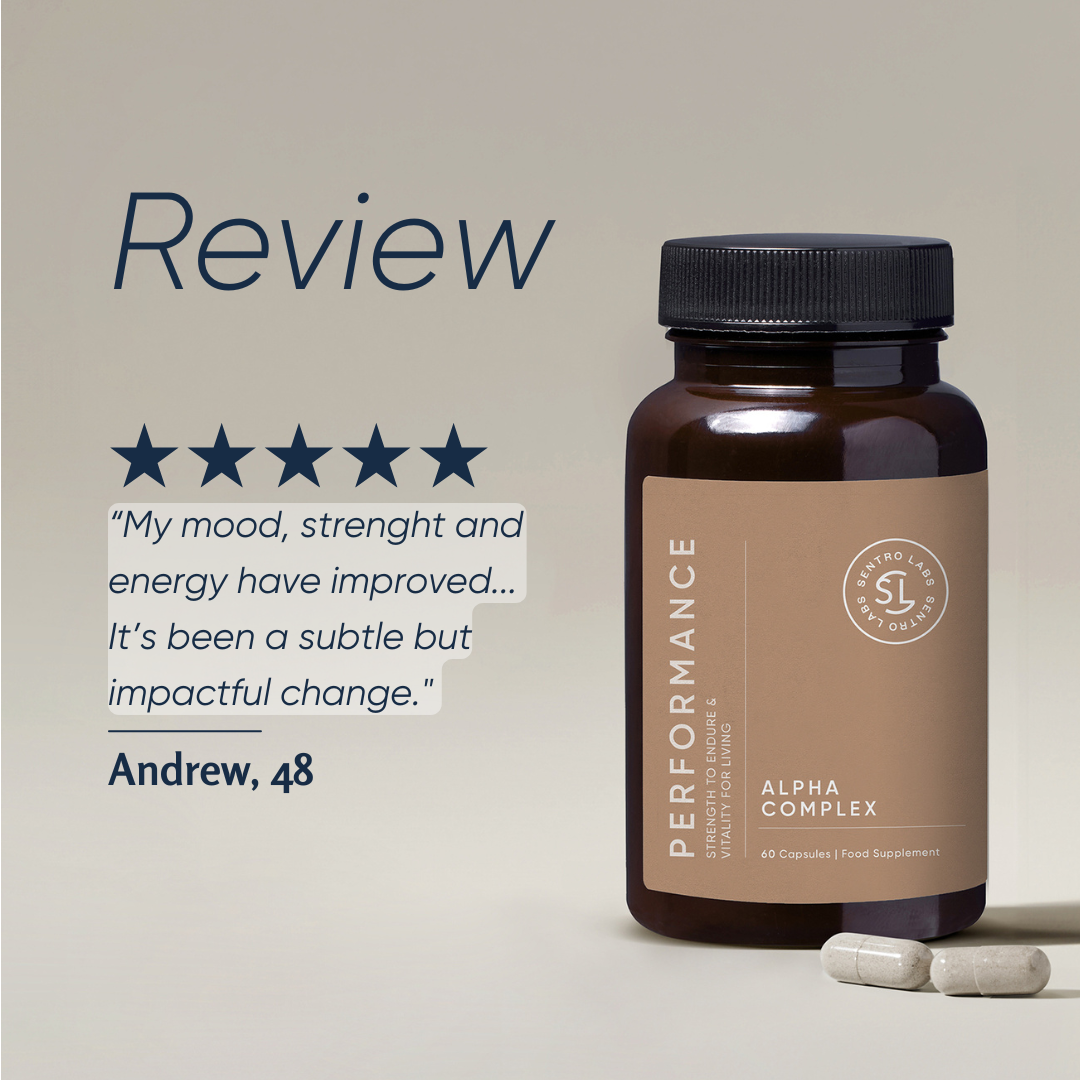

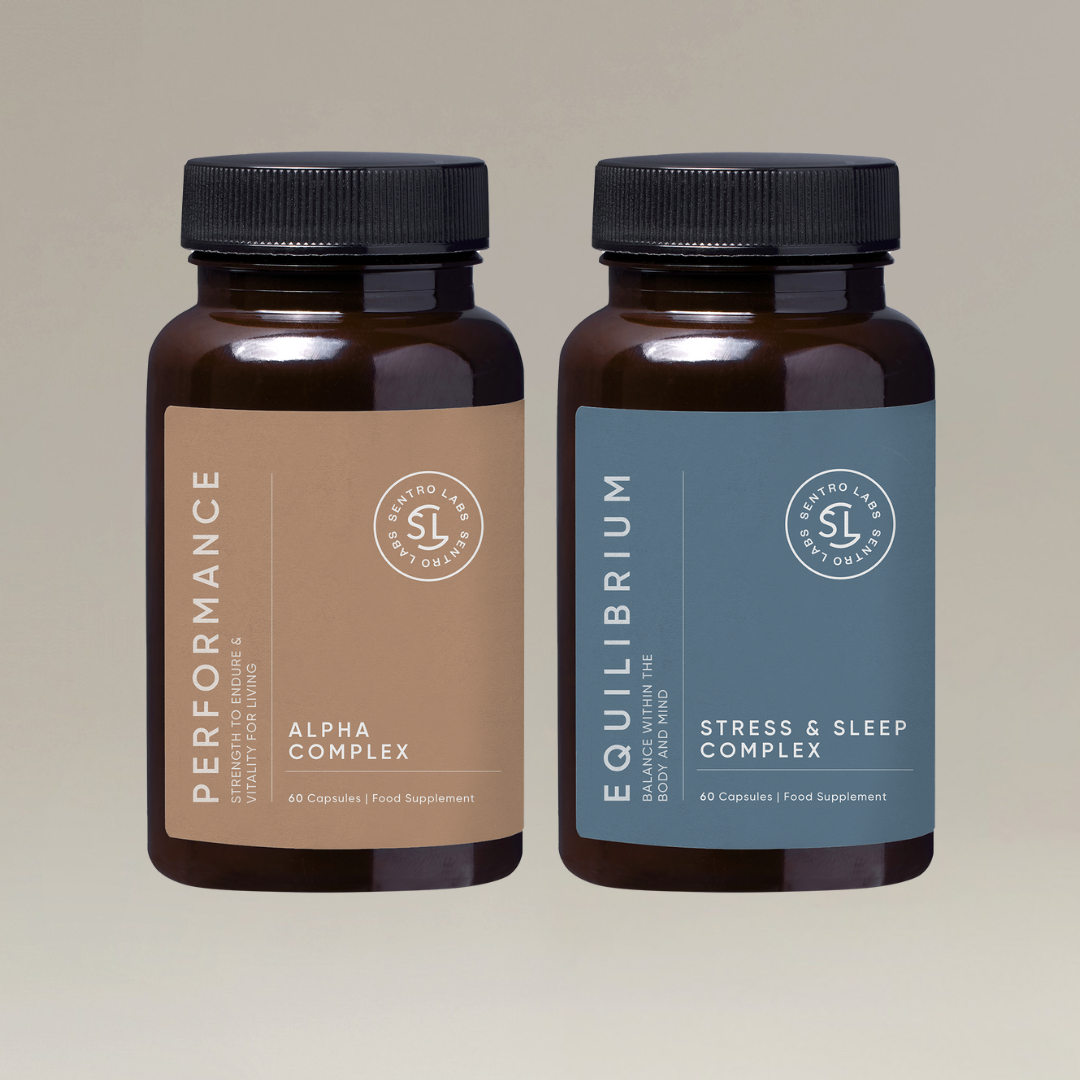
Share:
The Best Supplements to Lower Cortisol
Cortisol Testing: Understanding Your Stress Hormone Levels